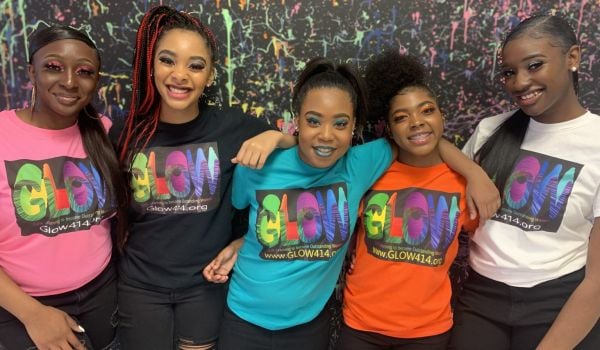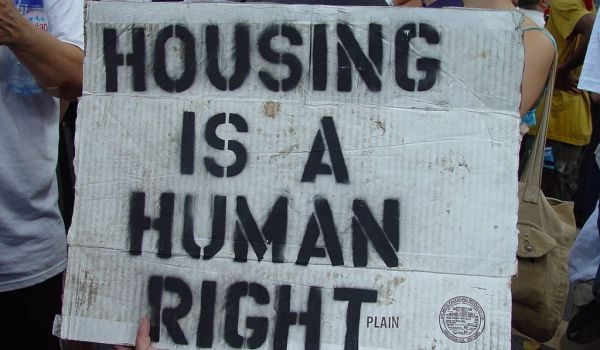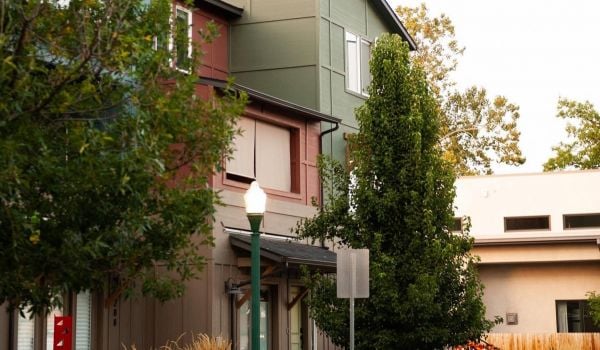Nathaniel Diskint shared a room with his younger brother, Jeremy, in their family home when they were growing up. Jeremy has Down syndrome and unfortunately, that meant he wasn’t invited to the same parties and events as his brother Nathaniel.
The memory of how that impacted his brother stuck with Nathaniel, and years later, in 2016, he founded Cohome, an inclusive housing environment for people living with disabilities to share with people without disabilities. At the time, Jeremy wanted to live independently of their family home, but the housing choices weren’t desirable.
“Housing for many people with disabilities is meaningless if not married with support and a culture of inclusion,” Nathaniel, now 32, says. Yet, he says many group homes that offer supportive services for people with disabilities are “heavily regimented spaces” filled with a lot of little bureaucracies. At Cohomes, both neurotypical and neurodiverse residents live together and socialize as housemates.
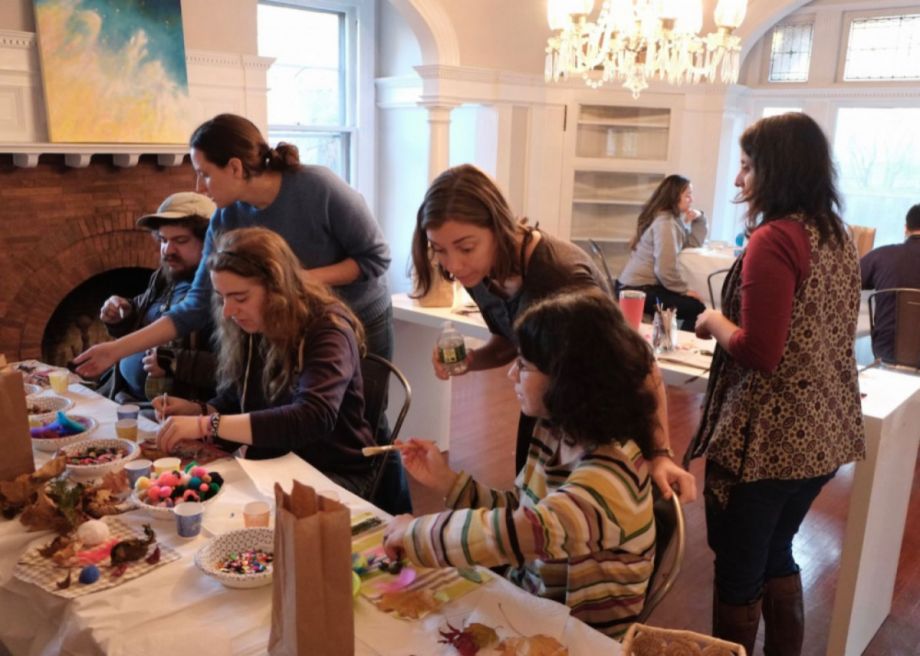
Cohome residents in Morristown do arts and crafts together (Photo courtesy of Cohome)
“We married supportive services and typical settings that are neurodiverse, so we have people with and without disabilities living together in inclusive environments,” he says. “And those who have disabilities also have supportive services to help them accomplish what they need to accomplish.”
Currently, there are two Cohomes in Morristown, New Jersey. The organization received funding from CDFI New Jersey Community Capital (NJCC) through their Supportive Housing Fund to purchase the properties for which NJCC holds the mortgages. NJCC provided two loans, the first in 2018, for a six-unit support housing group home for $600,000; and in 2020, for two different supportive housing sites totaling $925,000 for 11 units. Recently, one of those homes was sold to help finance a new Cohome which will open next year.
Cohome fit right into NJCC’s wheelhouse as a community-focused real estate lender. “Our lending strategy has always been to provide housing that is not only affordable but accessible and also healthy,” says Peter Grof, who oversees external affairs for NJCC. “We believe housing is the bedrock of the community, so doing anything we can to provide someone a home is really a driving factor for the organization. The Cohome model, which combines people with some disabilities, with the people from the community is brilliant — because it’s just normal housing.”
While it seems basic, the concept of normal housing for neurodiverse individuals is far from the norm. Nathaniel says for most people with disabilities in group homes, the only neurotypical people that they encounter in their resident setting are staff.
“They work for them and that creates a very particular kind of social interaction,” he says. “We introduce what we call ‘reciprocal relationships,’ where someone is not paid to be with you. There’s a new impetus for a different kind of social interaction where we have to reciprocate; we have to learn about each other’s boundaries.”
For 32-year-old Jacob, the model has worked well. Jacob has autism and started living in a Cohome in 2018. He says his time at Cohome has been “pretty good so far.”
“I have a little more independence and I have more control of my life,” he says. “They [the non-disability residents] don’t judge me. They give me time to be by myself and allow me to relax. I have a very active mind and it needs time to relax.”
Nathaniel acquires Cohomes in nice neighborhoods so the residents can have a sense of pride in where they live. Most of the neighbors of the Cohome have been welcoming and see the value of the residents’ presence, though a few have said they don’t want affordable housing in their neighborhood — all residents, both with and without disabilities, pay below-market rent. Although zoning would allow for shared rooms, Nathaniel says it’s important for each resident to have their own bedroom.
“We think that there’s a lot of dignity in having private space, particularly when you’re an adult,” he says.
The residents without disabilities are not caregivers and don’t have a formal role to play in the supportive needs of the neurodiverse residents. Instead, they’re just typical housemates who interact as friends. The support staff for residents with disabilities doesn’t live in the home and work in shifts so they aren’t burnout.
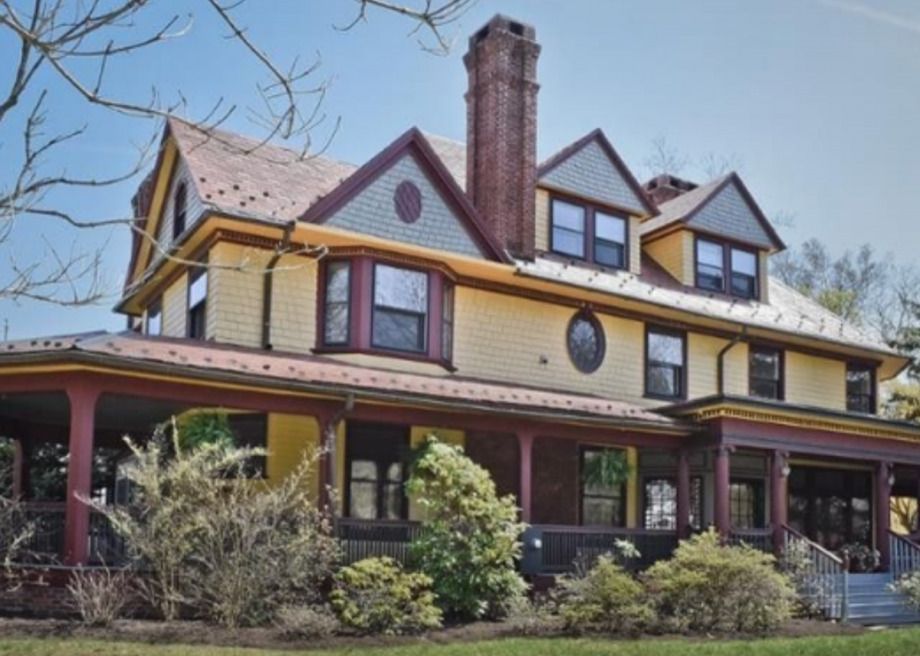
One of the Cohome residences (Photo courtesy of Cohome)
There are a few activities each week and one group dinner. Residents with disabilities also work, volunteer, do vocational training and participate in education programs. Nathaniel chooses locations close to a downtown setting so residents can walk to their jobs and other activities if they don’t drive.
As Cohome becomes increasingly well-known, Nathaniel has started to receive calls from individuals across the country interested in starting a similar program in their city. He helps as much as he can, but says Cohome is very small and mainly serves as a vehicle to inspire others and potentially influence policy initiatives.
“This isn’t for me an act of charity,” he says. “I do Cohome for me just as much as I do it for anyone else. I want to live in an inclusive community for myself.”
For the immediate future, Nathaniel’s upcoming Cohome is the product of a partnership with a local developer in New Jersey to create supporting housing in a building of four-and-a-floors. The partnership would give Cohome two floors of the building. Like the other Cohomes, the space will serve as a community where residents will have the support they need to live a fully adult life with a social life, work and other responsibilities.
“For now, our focus is on creating a substantial footprint in the community so that individuals who experience intellectual and developmental disabilities appear in community-based housing at the same rate they appear in the population, approximately 3%,” Nathaniel says.
Eventually, however, the goal is even further integration into society. While Jeremy is thriving in a Cohome today, Nathaniel thinks of his brother’s residence in Cohome as just a stepping stone for him.
“I trust he’ll be able to make the best decision as to what’s right for him,” Nathaniel says. “So while I made Cohome more or less for him, it’s not ultimately about keeping him here indefinitely.”

This story is part of our series, CDFI Futures, which explores the community development finance industry through the lenses of equity, public policy and inclusive community development. The series is generously supported by Partners for the Common Good. Sign up for PCG’s CapNexus newsletter at capnexus.org.
Connie Aitcheson is a freelance writer based between Florida and Kingston, Jamaica. She worked for many years at Sports Illustrated and has been published in Essence, PTSD Journal, Cosmopolitan and espnw.com.

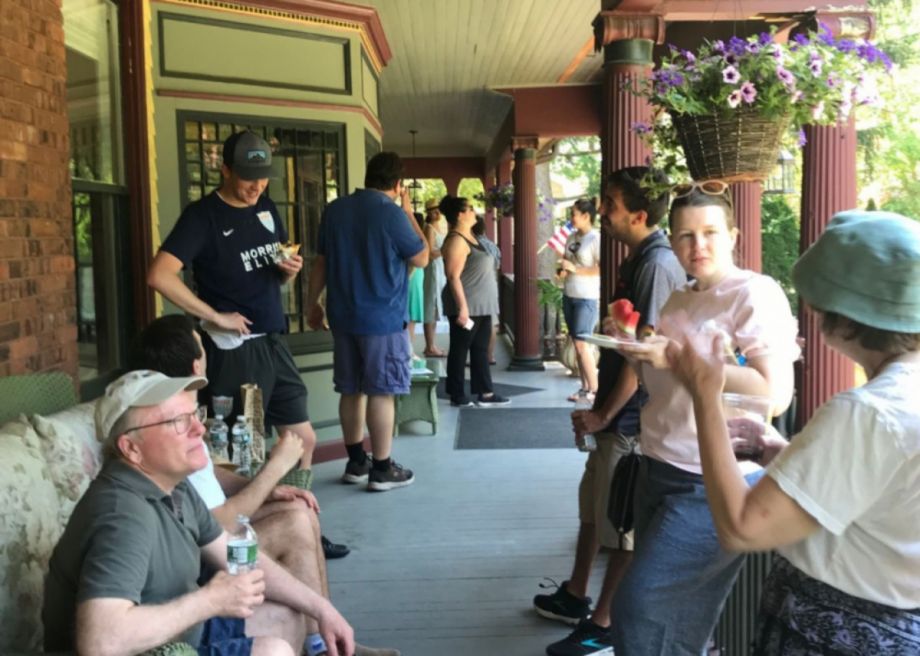
_920_614_600_350_80_s_c1.jpg)
_600_350_80_s_c1.JPG)


